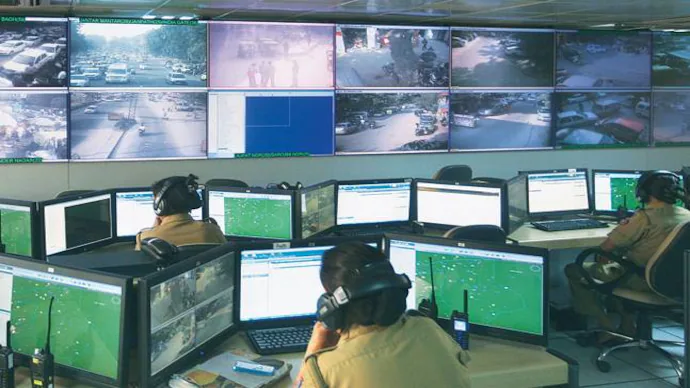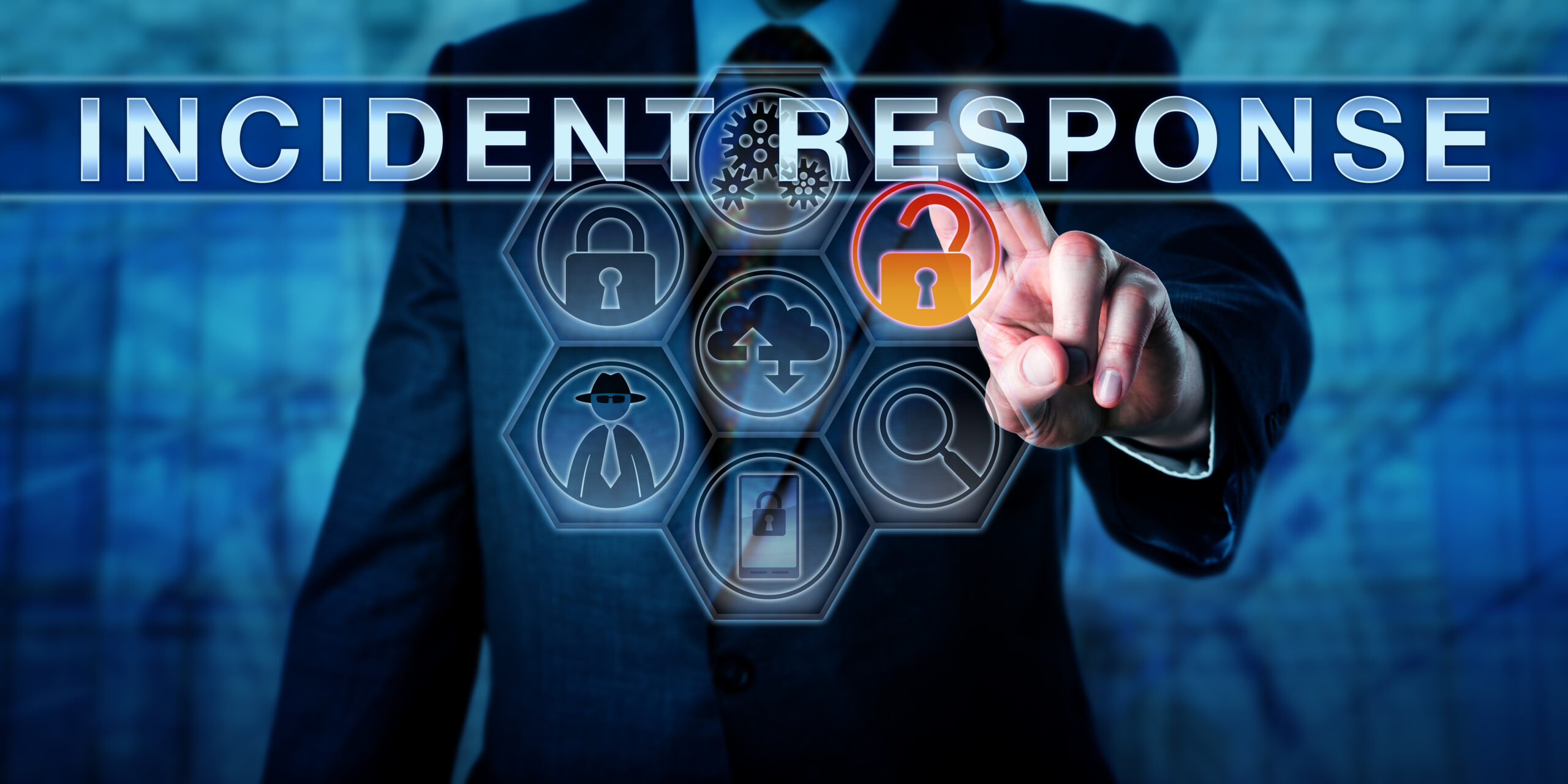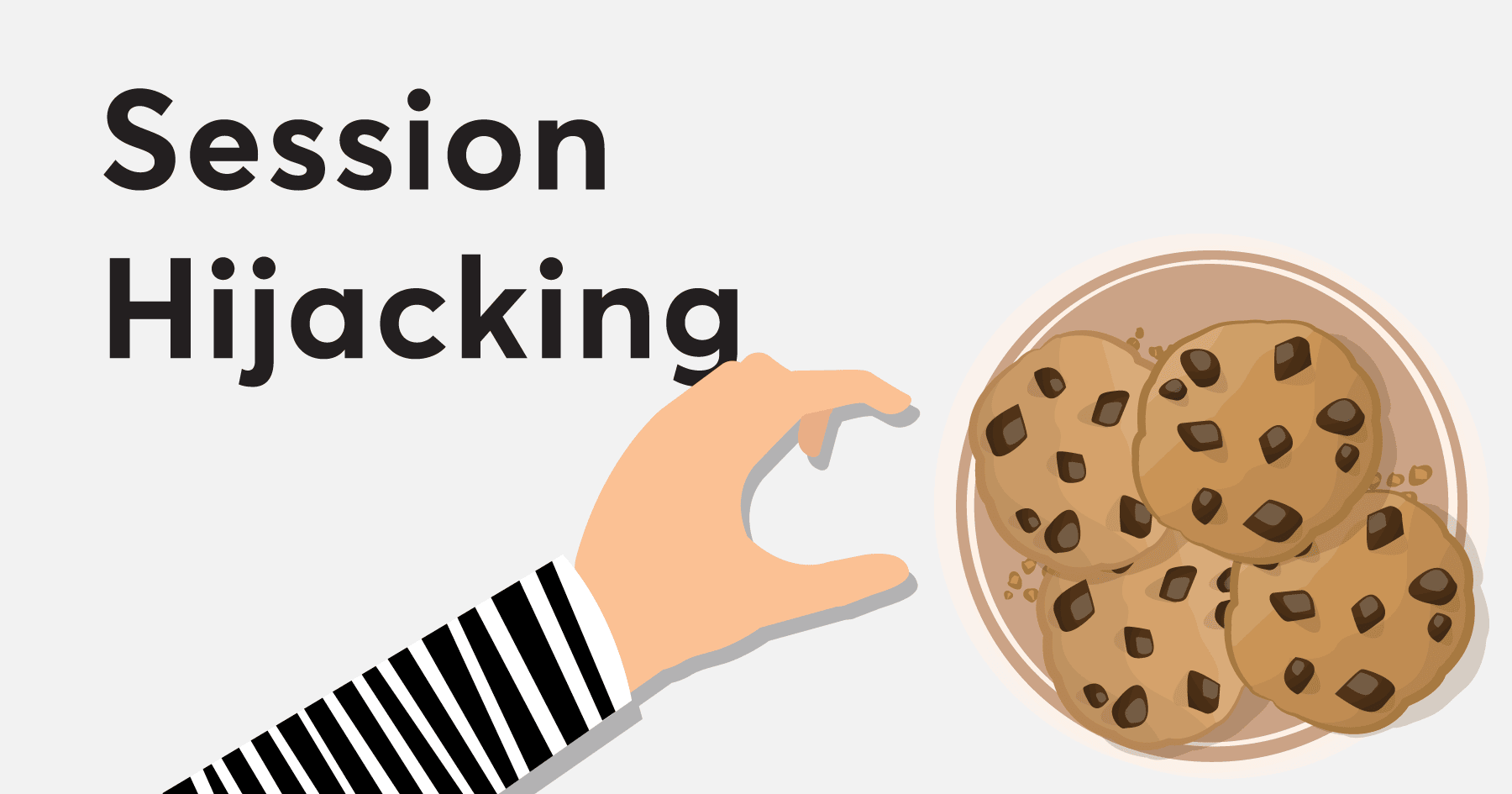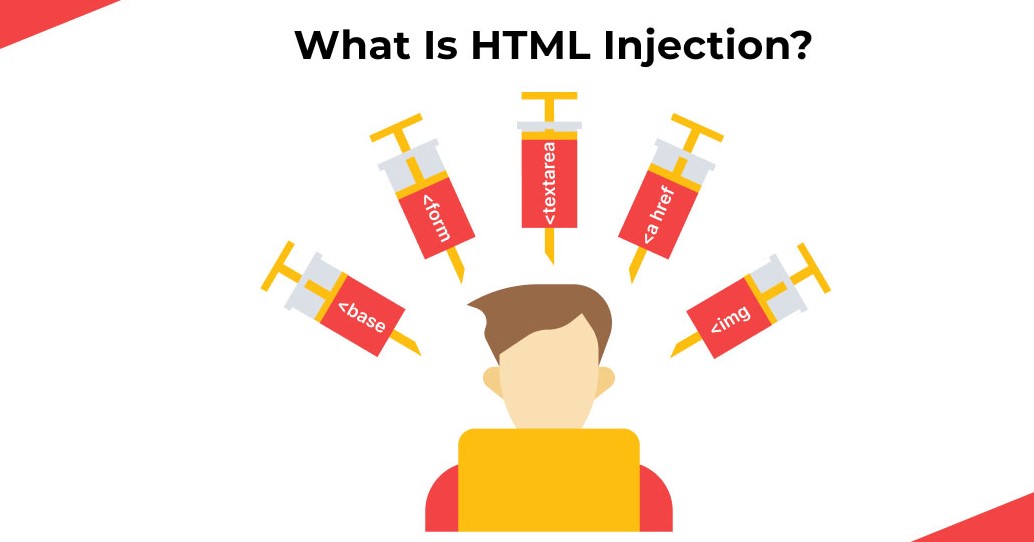
In today’s digital-first India, the internet isn’t just a place to browse—it’s where we shop, study, work, bank, and build businesses. But with rising internet use, comes the darker side: cybercrime. To safeguard citizens, organizations, and national security, India has enacted strong cyber laws.
Whether you’re a casual netizen, a digital entrepreneur, or a cybersecurity enthusiast, understanding these laws is essential. In this blog, we’ll break down the most popular and commonly used cyber laws in India, along with real-world use cases and credible external links for deeper reading.

📜 1. The Information Technology Act, 2000 (IT Act)
The IT Act, 2000, is the foundation of cyber law in India. It addresses a wide range of offenses like hacking, identity theft, data breaches, and digital fraud.
🔗 Learn more about the IT Act on the Ministry of Electronics and IT website.
✨ Key Provisions:
- Section 43: Penalties for unauthorized access to computer systems.
- Section 66: Covers hacking, punishable with up to 3 years in prison.
- Section 66C & 66D: Identity theft and cheating via impersonation using computer resources.
🔒 2. Section 72: Privacy Breach
This section deals with privacy violations. If someone accesses personal information without consent, they can face imprisonment up to two years or a fine.
🔗 Real-life applications: Cybercrime police unit of India often refers to Section 72 in online harassment and data leak cases.
👩⚖️ 3. Indian Penal Code (IPC) & Cyber Crimes
Although the IPC predates the internet, many of its sections are invoked in cybercrime cases:
- Section 420: Cheating (applied in online scams)
- Section 463 & 468: Forgery and fraudulent documents (used in phishing attacks)
- Section 500: Defamation (for social media trolling)
🔗 Read more on IPC and digital crime on IndiaCode.
🔍 4. Section 69: Government Surveillance
The government, under Section 69 of the IT Act, can intercept, monitor, or decrypt any information for reasons like national security.
🔗 Read about this controversial law on The Hindu’s legal analysis.
🚫 5. Blocking of Websites – Section 69A
Used frequently to block websites spreading fake news, child porn, or threatening national security. This law came into focus during the TikTok ban and Chinese apps crackdown.
🔗 Here’s a list of blocked websites in India maintained by Medianama.
👥 6. Cyberbullying & Harassment (Section 354D IPC)
Cyberstalking and online harassment, especially of women, is a growing issue. Section 354D punishes stalking, even on digital platforms.
🔗 SafeCity India documents real stories of online abuse and resources.
📷 7. Section 67 & 67A – Obscene Material & Pornography
These sections penalize the publication or transmission of obscene or sexually explicit material online.
Real-World Application:
These laws are used to crack down on WhatsApp groups, Telegram channels, and websites sharing explicit content.
🔗 Detailed analysis by PRS Legislative
🛍️ 8. Section 66F: Cyber Terrorism
Cyber terrorism includes activities that threaten India’s sovereignty via cyber means. Even unauthorized access to protected systems like power grids can land a person in jail for life.
🔗 Check CERT-IN’s role in preventing cyber terrorism.
💳 9. Financial Frauds: UPI, Phishing, and OTP Theft
India’s cashless economy has increased the risk of UPI frauds, fake QR codes, and phishing websites.
Relevant Laws:
- Section 66D (Cheating by Personation)
- Section 420 IPC (Cheating & Fraud)
🔗 Report such frauds at RBI’s fraud awareness portal.
⚖️ 10. Data Protection Bill (Now Digital Personal Data Protection Act, 2023)
Though not part of the original IT Act, India now has the Digital Personal Data Protection Act, which ensures users have control over their personal data.
🔗 Know your rights under the DPDP Act from the Ministry of IT.
🌐 Bonus: International Tie-ins
India is also a signatory in global cybersecurity collaborations, working with Interpol and UNODC on digital threats.
🔗 Read how India collaborates on global cybersecurity.
💡 Why Knowing Cyber Laws Is Important
- Protect yourself: Awareness helps you avoid being a victim.
- Avoid accidental offenses: Sharing certain memes, fake news, or screenshots can be punishable!
- Report correctly: Knowing the right sections makes your complaint stronger.
🧠 Tips for Staying Safe Online
- Don’t share OTPs or passwords
- Double-check UPI QR codes before paying
- Use strong, unique passwords
- Avoid clicking on unknown links or attachments
- Report incidents immediately at CyberCrime.gov.in
✅ Conclusion
India’s cyber laws are constantly evolving to match the pace of technology and threats. Whether it’s handling financial fraud, stalking, hacking, or digital defamation — laws are in place to protect you. As a digital citizen, it’s your right and responsibility to stay aware.
Want to learn more about cyber safety or how to report cybercrime?
📌 Follow us on CyberHelper.in — India’s growing platform for cybersecurity awareness and digital empowerment.





